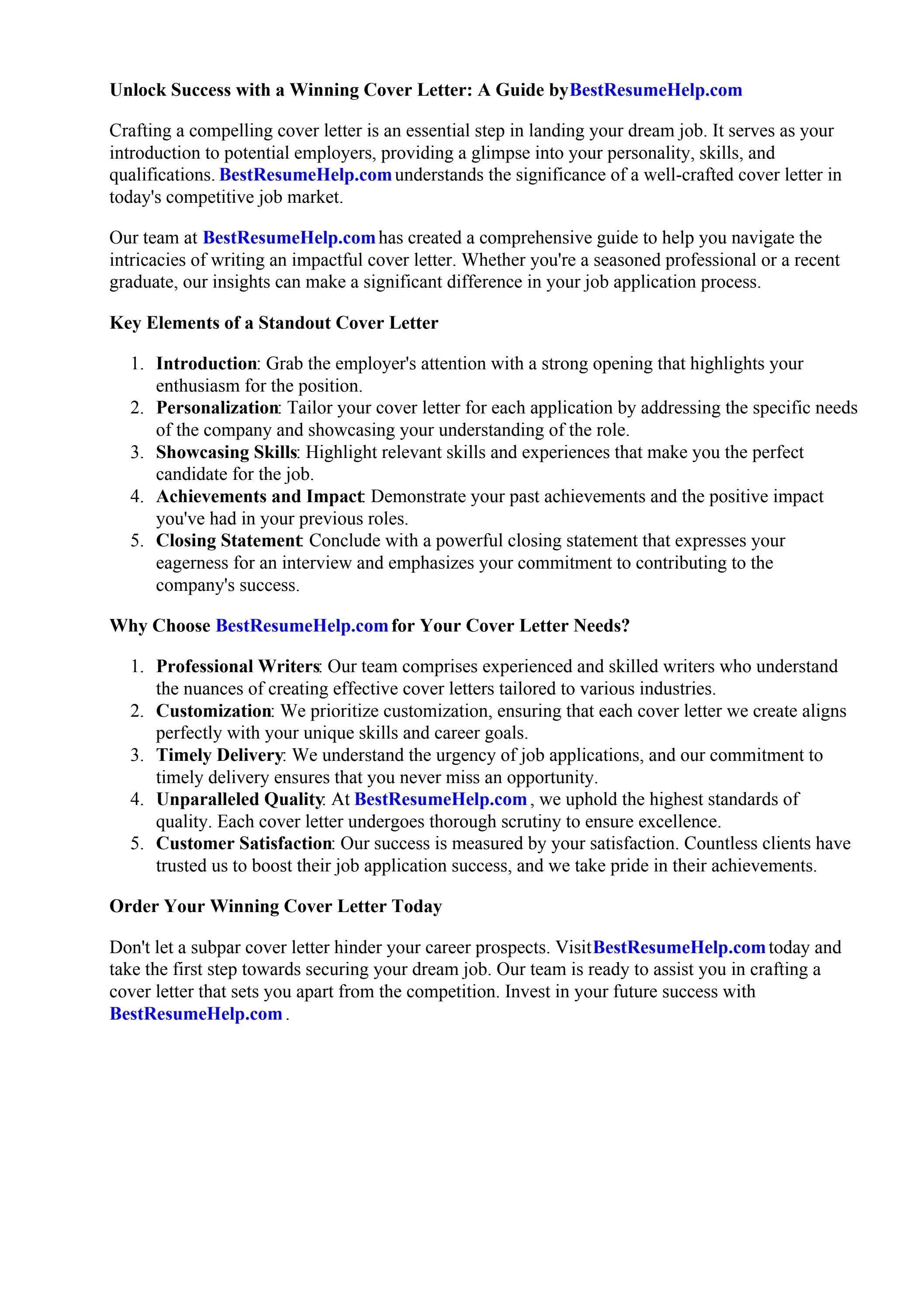Understanding the Importance of an Auditor Cover Letter
In the competitive field of auditing, a well-crafted cover letter is more than just a formality; it’s your initial opportunity to make a compelling impression and secure an interview. It acts as your introduction, allowing you to demonstrate your personality, enthusiasm, and suitability for the role, surpassing what’s presented in your resume. A strong cover letter can distinguish you from other candidates by highlighting your genuine interest in the company and the specific position. It provides a platform to emphasize your unique skills, experiences, and accomplishments, illustrating how they align with the employer’s needs and expectations. Neglecting this critical step could mean missing out on a valuable chance to showcase your capabilities and ultimately land your dream auditing job. A well-structured cover letter emphasizes your key strengths and motivations, making it a powerful tool in your job search. Remember, this document can make or break your chances.
Why a Cover Letter is Crucial for Auditor Positions
Auditing roles require meticulous attention to detail, strong analytical skills, and excellent communication abilities. A cover letter offers the perfect platform to demonstrate these qualities from the outset. It allows you to explain your understanding of the company’s requirements, the role’s expectations, and how your skills and experience directly address them. It showcases your ability to articulate your thoughts clearly, concisely, and persuasively, a crucial aspect for any auditor. Moreover, a well-written cover letter reveals your professionalism and commitment to the application process. It demonstrates that you have dedicated time and effort to tailoring your application, making it evident that you are genuinely interested in the specific opportunity and the organization. A generic, one-size-fits-all cover letter is often a red flag, signaling a lack of enthusiasm and attention to detail, both of which are fundamental to being a successful auditor. Tailoring your letter shows you care!
Highlighting Your Skills and Experience
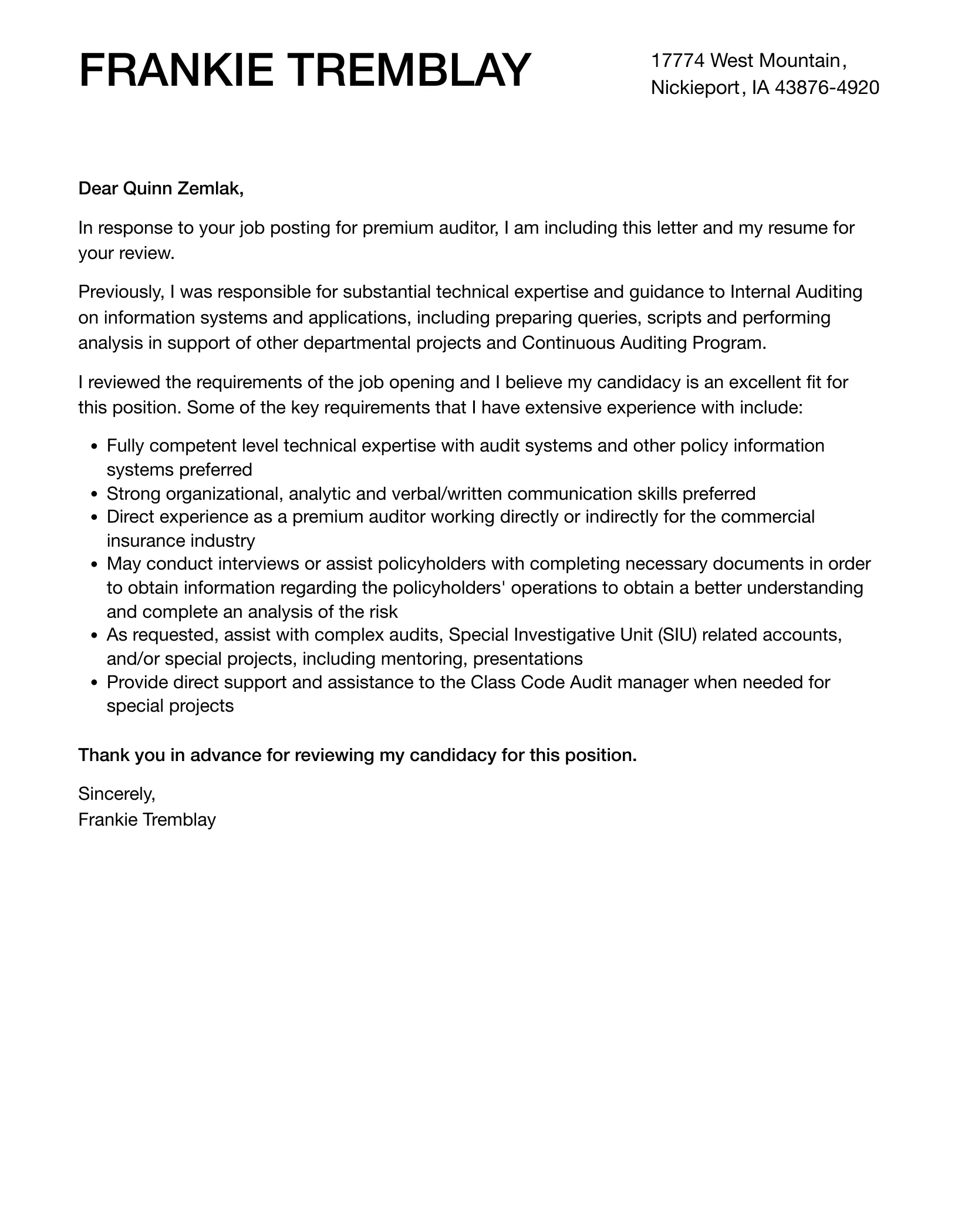
Your cover letter is your chance to shine a spotlight on your most relevant skills and experiences. Focus on the qualities that are most critical to success in an auditing role, such as analytical thinking, problem-solving, and a strong understanding of accounting principles. Don’t just list your skills; provide specific examples of how you have utilized them in the past to achieve positive outcomes. This approach makes your claims more credible and allows the hiring manager to visualize your capabilities in action. When describing your experience, be sure to highlight relevant accomplishments, such as successful audit engagements, improvements in financial reporting processes, or instances where you identified and resolved significant discrepancies. Make a compelling case by demonstrating how your skills and experience align with the requirements of the specific job and the company’s overall objectives. This will increase the chances of your application making it to the next round, making a better impression on the hiring manager. Show, don’t just tell, what you have done.
Key Skills to Showcase in Your Cover Letter
Auditors require a blend of technical and soft skills to excel. In your cover letter, emphasize the skills that are most pertinent to the role. Include your proficiency in accounting software such as SAP or Oracle, and your knowledge of auditing standards like GAAP or IFRS. However, don’t overlook the importance of soft skills. Highlight your communication skills, both written and verbal, as auditors frequently need to explain complex financial information in a clear and concise manner. Mention your attention to detail, your ability to work independently and as part of a team, and your time management skills. Showcasing your problem-solving abilities is also critical; provide examples of how you have identified, analyzed, and resolved financial issues in previous roles. Remember to tailor the skills you mention to the specific requirements outlined in the job description. Look at the specific requirements of the job and mirror these skills in your letter.
Quantifying Your Achievements
One of the most effective ways to make your cover letter stand out is by quantifying your achievements. Instead of saying you “improved efficiency,” provide specific numbers to support your claims. For example, you could state that you “reduced audit cycle times by 15%” or “identified and recovered $100,000 in fraudulent transactions.” Using measurable results demonstrates your tangible contributions and provides concrete evidence of your abilities. Whenever possible, include metrics and data that showcase your impact on previous employers. This could involve detailing how you streamlined processes, improved accuracy, or contributed to cost savings. By quantifying your accomplishments, you provide the hiring manager with a clear understanding of the value you can bring to the company. Use action verbs followed by specific numbers to showcase your efficiency, problem-solving, and overall impact on past companies. Numbers speak volumes!
Tailoring Your Cover Letter to the Specific Job
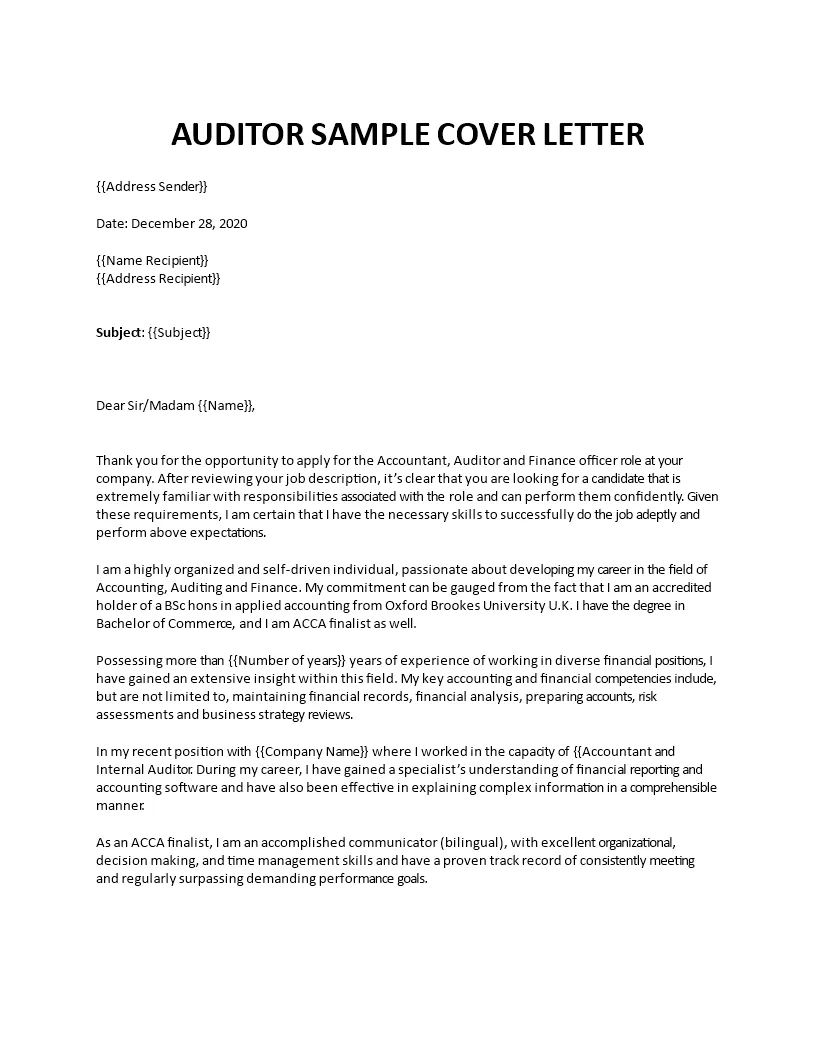
Generic cover letters are easily recognizable and frequently get discarded. To make your application stand out, you must tailor each cover letter to the specific job and company. This necessitates researching the company, understanding the role, and demonstrating how your skills and experience align with their needs. This personalized approach demonstrates that you are genuinely interested in the opportunity and have taken the time to understand what the employer is looking for. A tailored cover letter demonstrates your commitment to the role and your understanding of what makes you a good fit. Focus on the key responsibilities outlined in the job description and directly address how your skills and experience can help you succeed in those areas. Make sure your letter emphasizes that you have done your homework and want this job. Show them you understand what they are looking for!
Researching the Company and the Role
Before you start writing, thoroughly research the company and the specific role you’re applying for. Visit the company’s website, read their mission statement, and explore their recent news and press releases. This will give you insights into their values, culture, and strategic priorities. Understanding the company’s challenges and goals is essential. Also, carefully examine the job description. Identify the key responsibilities, required skills, and preferred qualifications. Use this information to tailor your cover letter, highlighting the skills and experiences that align with the employer’s needs. By showing that you understand the company and the role, you demonstrate your genuine interest and your ability to contribute to their success. This research can provide you with valuable insights that will help you craft a compelling cover letter that resonates with the hiring manager. Know your audience!
Customizing Your Letter for Each Application
Even when applying for similar roles at different companies, avoid using a generic cover letter. Customize each letter to reflect the specific requirements of the job and the values of the organization. Use the research you’ve conducted to identify the key priorities and tailor your examples and skills to address those priorities. For instance, if the job description emphasizes experience with a particular accounting software, be sure to highlight your proficiency with that software. If the company values teamwork, provide examples of how you have collaborated effectively with colleagues in the past. By taking the time to customize each cover letter, you demonstrate that you are genuinely interested in the specific opportunity and possess the skills and experience to succeed. Avoid generic phrases and clichés; instead, use specific examples to show how you can contribute to the company’s goals and expectations. Show them why you want THIS job!
Formatting and Writing Style
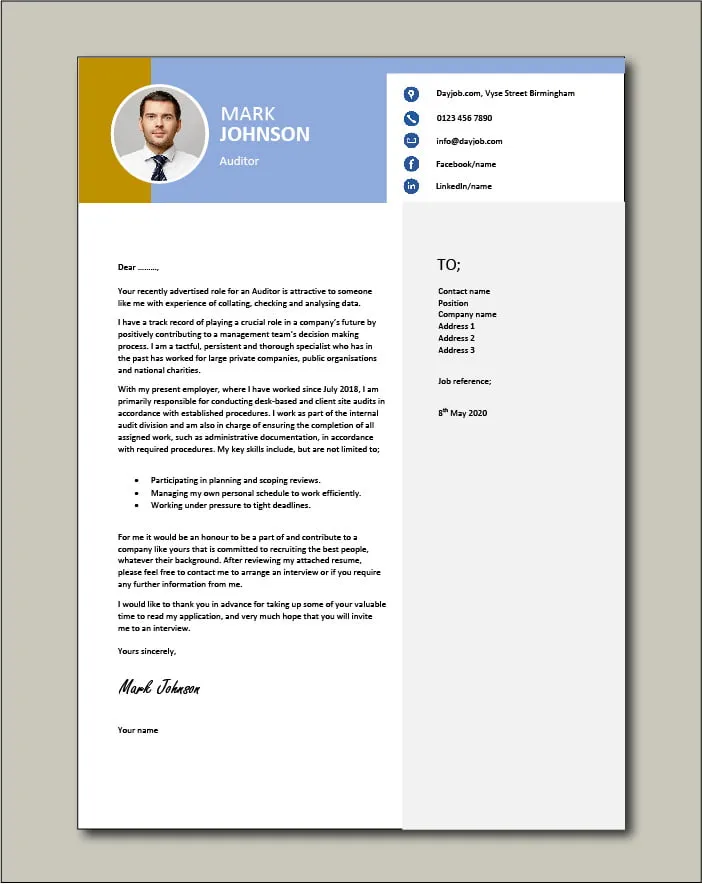
The format and writing style of your cover letter are crucial for making a positive impression. Your letter should be professional, clear, and easy to read. Choose a professional font such as Times New Roman, Arial, or Calibri, and use a standard font size (11 or 12 points). Keep the layout clean and well-organized, with ample white space between paragraphs. This makes the document visually appealing and easy to scan. Your writing style should be concise and direct. Use active voice, strong action verbs, and avoid jargon or overly complex language. Maintain a professional tone throughout the letter. Avoid slang, contractions, and casual language. Proofread carefully for any errors in grammar, spelling, and punctuation. Mistakes can undermine your credibility and make you appear unprofessional, which can detract from your chances of landing an interview. Make a good first impression with a clean and concise letter.
Structuring Your Cover Letter Effectively
A well-structured cover letter typically includes the following components: your contact information, the date, the hiring manager’s name and title (if known), a professional salutation, an engaging opening paragraph, several body paragraphs highlighting your skills and experience, a brief closing paragraph that reiterates your interest, and a professional closing. In the opening paragraph, grab the reader’s attention by stating your interest in the position and briefly mentioning how you learned about it. In the body paragraphs, provide specific examples of your accomplishments, using quantifiable results whenever possible. In the closing paragraph, reiterate your interest in the role and express your eagerness for an interview. End with a professional closing such as “Sincerely” or “Respectfully” followed by your name. Organizing your letter with a clear structure allows the hiring manager to quickly assess your qualifications and determine if you are a good fit for the role. Keep your letter well organized and easy to read!
Using Strong Action Verbs
Using strong action verbs is essential for creating a dynamic and engaging cover letter. Action verbs help to bring your accomplishments to life and showcase your skills and abilities. Instead of using vague words, opt for verbs that convey specific actions and achievements. For example, use “managed,” “analyzed,” “implemented,” “developed,” or “streamlined” to describe your responsibilities and accomplishments. Avoid passive voice and phrases that make your accomplishments sound less impactful. Instead of saying “Responsibilities included conducting audits,” write “Conducted audits” to show that you took action. By choosing strong action verbs, you can capture the reader’s attention and demonstrate your proactive approach and ability to contribute to a company. Make sure the verbs you choose accurately reflect your role and what you actually did. This makes your claims much more credible. Show them what you DID!
Proofreading and Editing Your Cover Letter
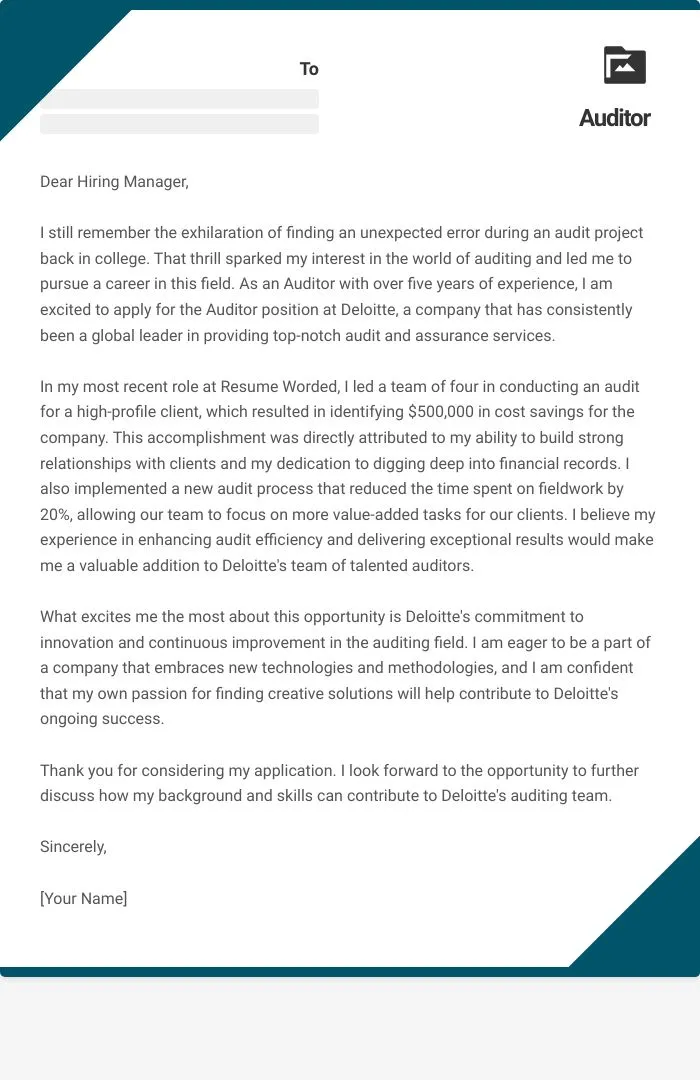
Proofreading and editing your cover letter is a critical step that should not be overlooked. Even the most skilled candidates can be overlooked due to simple errors in grammar, spelling, and punctuation. Take the time to carefully review your letter multiple times, looking for any mistakes. Reading your cover letter aloud can help you identify awkward phrasing or unclear sentences. Have a friend, colleague, or career counselor review your cover letter as well. A fresh pair of eyes can often catch errors that you might miss. Be sure to check for consistency in formatting, such as font size, spacing, and margins. A polished cover letter reflects your attention to detail and professionalism, increasing your chances of securing an interview. A cover letter with errors indicates a lack of care and attention, which does not reflect well on your candidature. Always proofread!
Common Mistakes to Avoid
Certain common mistakes can significantly reduce your chances of getting hired. Avoid sending a generic cover letter that isn’t tailored to the specific job or company. This shows a lack of interest and a lack of attention to detail. Do not include any irrelevant information. Focus solely on your skills and experience that are relevant to the position. Don’t use overly complicated or jargon-filled language that the hiring manager may not fully understand. Keep your tone professional. Avoid using slang or casual language. Do not exceed the recommended length. Keep your cover letter concise and focused, typically no more than one page. Avoid negative language and focus on your accomplishments rather than what you haven’t done. Proofread carefully for errors in grammar, spelling, and punctuation. Mistakes can undermine your credibility. Avoid these pitfalls!
Seeking Feedback
Seeking feedback on your cover letter is a valuable step in improving your application. Ask trusted friends, family members, mentors, or career counselors to review your cover letter and provide constructive criticism. Their feedback can help you identify areas for improvement in terms of content, clarity, and overall impact. Consider having your cover letter reviewed by professionals in the field. Many career services offer resume and cover letter reviews. They can provide expert advice on how to tailor your letter to the specific role and company. Be open to suggestions and willing to make revisions based on the feedback you receive. Remember that a polished cover letter is a key factor in landing your dream job. By seeking feedback and making improvements, you can increase your chances of getting noticed and securing an interview. Get a second opinion before you send it!
Conclusion
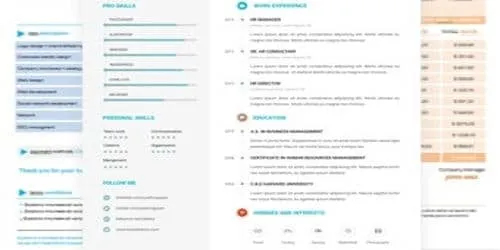
Writing a successful auditor cover letter requires careful attention to detail, a strategic approach, and a commitment to showcasing your unique skills and experiences. By understanding the importance of a cover letter, highlighting relevant skills, quantifying your achievements, and tailoring your letter to the specific job and company, you can significantly increase your chances of landing an interview. Always remember to proofread your cover letter carefully and seek feedback from trusted sources. With a well-crafted cover letter, you can make a strong first impression and secure the auditing position you’ve been working towards. Take the time to craft a compelling cover letter that effectively highlights your skills and experiences, and you’ll be one step closer to launching a successful career in auditing. Good luck with your applications!
